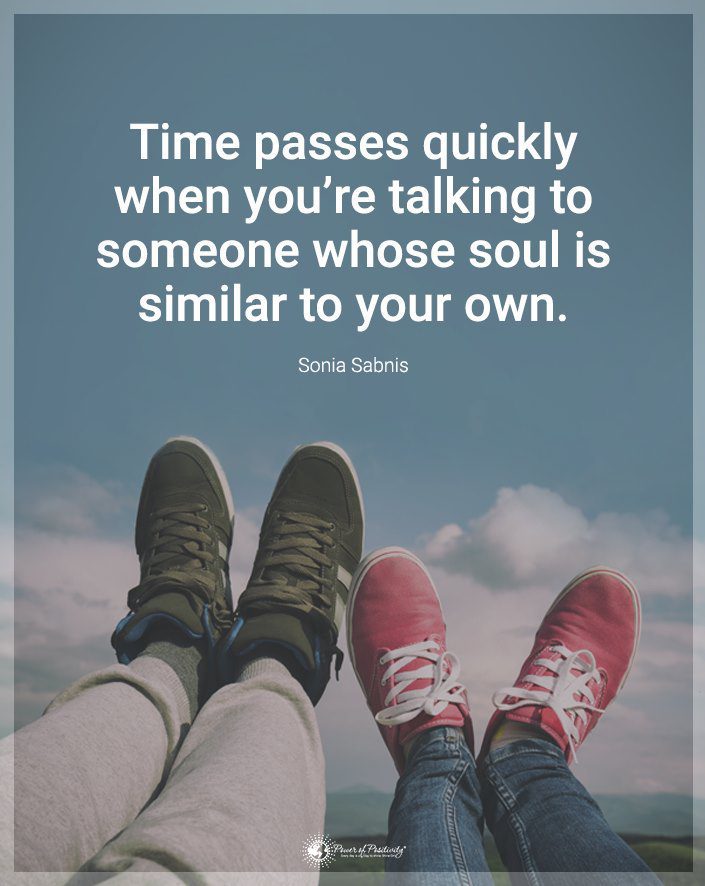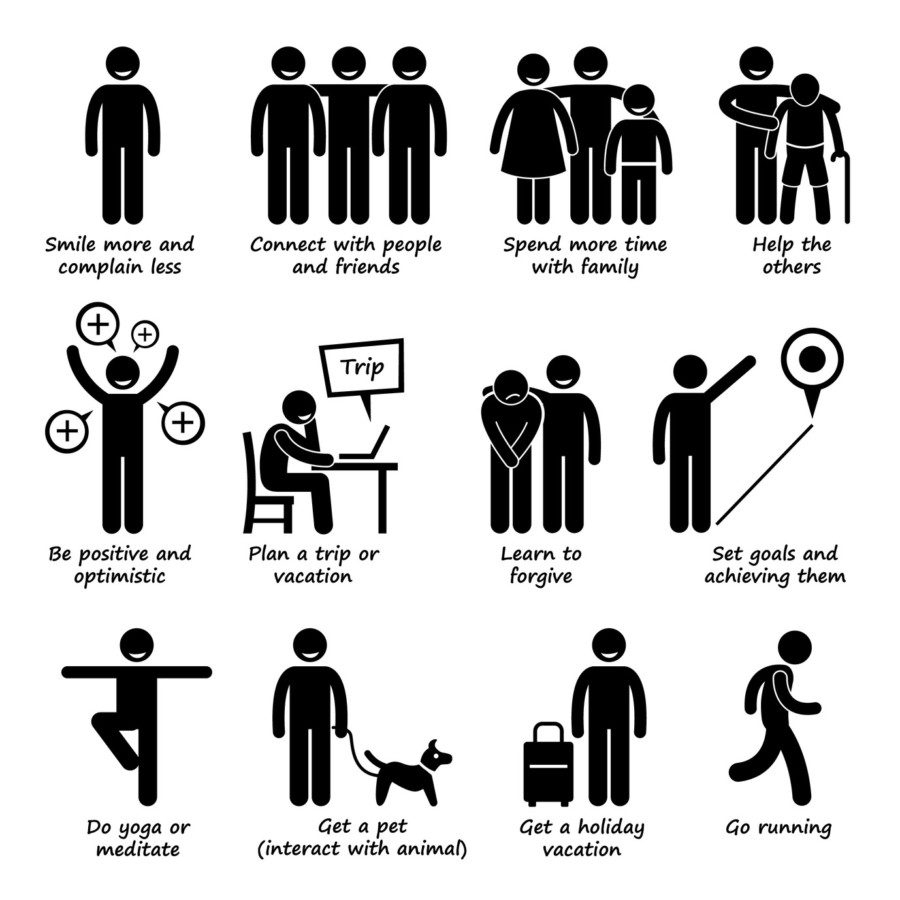At the root of our overwhelmed life and often the cause of our unhappiness, unhealthy and negative thought patterns can be found. It’s common knowledge that negative thinking creates a reality based on negativity. What might surprise you, though is there’s a core group of unhealthy, negative thought patterns that contribute to that reality.
Barbara Fredrickson, a positive psychology researcher at the University of North Carolina, recently published an article on the effects of positive thoughts on the actions we take and the skills we develop. What she found was that negative thoughts and unhealthy thinking patterns can prevent your brain from seeing solutions and other choices when solving a problem. The bottom line is negative thought patterns can impair our survival instinct.
The good news is these unhealthy negative thought patterns can be overcome, and the first step is becoming aware of them. Here are seven common unhealthy thought patterns and how to fix them.
7 Common Negative Thought Patterns (and How to Fix Them)
1. All-or-Nothing Thinking
Any thought pattern that you base on extremes can signify trouble. Statements like, “it must be perfect,” or “I can’t do anything right,” only serve to prevent you from compromise and success. The more we believe the all-or-nothing thoughts, the more unhappy our reality becomes.
The Fix
Recognize and extreme statements and reframe them into a statement based on fact. For instance, the common phrase, “I can’t do anything right” is better reframed as “I do not understand what I am doing and I need to find help so I can learn to do it better next time.”
2. Jumping to Conclusions
Assuming the worst without the facts is a classic example of being in a negative thought pattern. These assumptions are a great example of why questioning your thoughts is necessary to interrupt the pattern. In most cases, your worries and fears are unfounded, and you end up worrying about nothing.
The Fix
It’s important to stop jumping to the end of the story and instead allow the story to play out. When you stay in the present, the situation always ends up being less dire.
3. Emotional Reasoning
According to your mind, feelings are facts, rather than subjective perceptions that change over time. For example, feelings of guilt might mean you’re a terrible, selfish person and being afraid of something means you’re in real danger. That is why it’s important to understand and work through your feelings.
The Fix
It’s necessary to question our thoughts to determine if they are real or perceived. Once we have gathered the facts, then we can create a plan of action to deal with them using both logic and feelings to guide us.
4. Should Statements
You feel disappointed, guilty, frustrated or angry when things don’t go the way you had hoped or expected. Self-talk commonly includes words such as should, must, have to and ought to. It also contributes to having unrealistic expectations for ourselves, we demand a lot and get upset when falling short. “I should have done” … will get you nowhere.
The Fix
Try avoiding the use of the words: “should,” “what if,” and “have to.” Instead, focus on changing and improving the things we can change and learning to accept the rest. You don’t owe explanations to others for most of your actions.
5. Personalization
We personalize matters when we blame ourselves for results that are out of our control. We make the lack of results about us instead of about the action that caused the results.
The Fix
We should focus on actions and behaviors and what we can change, instead of focusing on ourselves, or any person for that matter.
6. Playing the Victim
When we play the victim, we blame others for the bad things that happen in our life. Nobody can do anything right, and if it weren’t for them we would be more successful, wealthier, happier, in a better relationship, or you name it. It is easier to place blame on someone or something else than to accept responsibility for our part.
The Fix
We can start looking at our role in challenging situations so we can grow from the experience.
7. Future-Focused
We are future-focused when we feel everything will be better someday in the future when the conditions are perfect. We convince ourselves we will be happier when we are healthier, skinnier, richer, in a job we love, or out of school. It can be anything that is a condition for our future happiness.
The Fix
Change our focus to what we can do today to be happier tomorrow.
When we begin to recognize and change your unhealthy thought patterns, by default we are choosing to seek joy, be optimistic and move forward. When we do that, our brain starts to adapt and will build on those positive patterns.
Finding ways to reframe our thoughts from an unhealthy negative perspective to a positive influence will help us bring the lessons of the past into the present and will move us into living a happier life.









